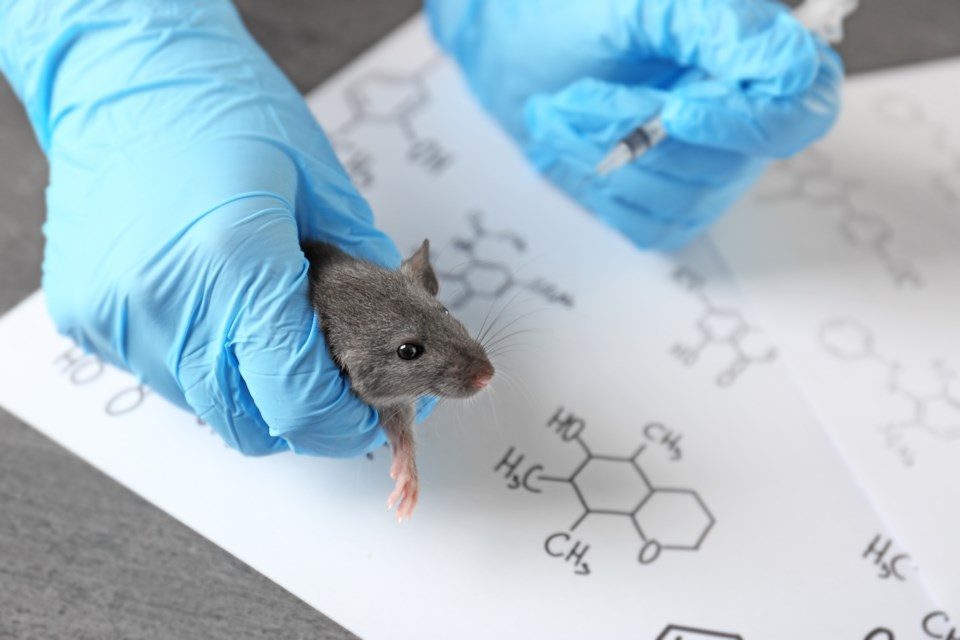The federal Subcommittee on Cybersecurity, Information Technology, and Government Innovation held a hearing on February 6 titled “Transgender Lab Rats and Poisoned Puppies: Oversight of Taxpayer Funded Animal Cruelty.” The committee members and witnesses described some examples of taxpayer-funded research using animals as “barbaric” and “cruel.” The members and witnesses also discussed “gain-of-function” research on contagious viruses.
Justin Goodman, senior vice president of advocacy and public policy for White Coat Waste Project (WCWP), was one of the invited witnesses. WCWP uncovered in 2020 that the National Institutes of Health (NIH) was funding research at the Wuhan Institute of Virology near “ground zero” for the COVID-19 outbreak. The CIA and FBI both conclude that a lab-leak is the most likely explanation for the Sars CoV-2 virus that sparked the worldwide pandemic.
During the hearing, Colorado Representative and committee member Lauren Boebert mentioned taxpayer-funded testing being conducted at Colorado State University in Fort Collins. She referred to the National Institute of Allergy and Infectious Diseases (NIAID) and $6.5 billion in taxpayer money. “It's been used to pay Eco Health Alliance to import hundreds of Asian bats into the US for new viruses in labs in Colorado run by the Wuhan linked researchers,” Boebert said. “That was $6.7 billion for the Colorado State University in Fort Collins to research bats here in America.”
Federal funding to EcoHealth Alliance was paused in May following House investigations into the organization’s involvement in research at the Wuhan Institute of Virology. The organization was formally debarred in January from receiving federal research funding. Chairman of the House Oversight Committee James Comer said that “bad actor EcoHealth Alliance and its corrupt former president, Dr. Peter Daszak, were formally debarred by HHS for using taxpayer funds to facilitate dangerous gain-of-function research in China."
Colorado State University has a frequently asked questions page regarding the bat research facility. On the page it states that “CSU follows the direction of our federal research partners and suspended its subcontract with EcoHealth Alliance.” A PDF file on the EcoHealth Alliance website states that “the organization received a subcontract from CSU for research related to development of vaccines and therapeutics for bat origin viruses including coronaviruses and Nipah virus (albeit that Nipah virus work was proposed to be conducted in a different organization with a BSL-4 laboratory).”
CSU says it will work with “mild infectious disease pathogens,” comparing them to “organisms that cause food-borne illness or strep throat.” The university also says it “will not conduct gain-of-function research on bats that could increase transmission of a virus to humans.” The website explains that the university will conduct gain-of-function research, but not the specific kind of research that can create new, easily transmissible pathogens.
Open records requests obtained by White Coat Waste Project show two projects that involve “direct reinfection” of the Sosuga and Cedar viruses up to 15 times in bats to see if the infection becomes “more robust.” However, it is not clear if these two protocols are being conducted at CSU laboratories. The EcoHealth grant, for example, calls for Nipah virus research, which is a highly transmissible pathogen categorized as biosafety level 4. This research was paid with CSU funds, but it was not conducted at CSU facilities.
The new bat facility was scheduled to open this month, but there has been no update from the university.



